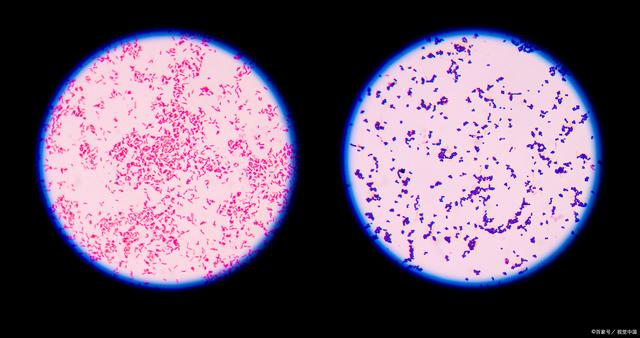
 CONTACT
CONTACT
- Linkman:Linda Yao
- Tel: +8618231198596
- Email:linda.yao@dcpharma.cn
- Linkman:CHARLES.WANG
- Department:Overseas
- Tel: 0086 0311-85537378 0086 0311-85539701
ε-Polylysine Hydrochloride Manufacturer,Nutritional Preservative
TIME:2024-11-19As a nutritional preservative, ε-polylysine hydrochloride has gained recognition in the food preservation industry for its green, natural, safe, and highly effective properties.
ε-Polylysine hydrochloride is derived from the controlled fermentation of Streptomyces albulus or Streptomyces whitei, making it a natural green amino acid produced through microbial fermentation. Unlike chemical synthesis, its production process ensures high safety and biocompatibility. After ingestion, ε-polylysine hydrochloride is completely digested and absorbed by the human body, breaking down into lysine, an essential amino acid, with no toxic or side effects.
ε-Polylysine hydrochloride exhibits strong inhibitory effects on a broad spectrum of microorganisms, including Gram-positive and Gram-negative bacteria, yeasts, molds, and viruses. Its broad-spectrum antimicrobial activity effectively extends the shelf life of food and reduces the risk of spoilage. Thanks to its heat resistance, it remains stable under high-temperature conditions, making it suitable for various food processing scenarios.
The excellent water solubility of ε-polylysine hydrochloride eliminates the need for additional solvents to enhance its solubility. This property makes its application in food processing simple and convenient, as it can be directly added to food without requiring complex handling procedures.
When used in combination with other food additives, such as vinegar, ethanol, glycine, or organic acids, ε-polylysine hydrochloride demonstrates synergistic effects, significantly enhancing its antimicrobial efficiency. This flexibility allows for diverse applications in food preservation, enabling tailored additive combinations to meet the specific requirements of different food types and processing methods for optimal preservation results.
The production of ε-polylysine hydrochloride adheres to environmental standards, causing no pollution during manufacturing. As a natural preservative, it serves as a viable alternative to some chemically synthesized preservatives, reducing the environmental impact. With growing consumer demand for food safety, health-conscious choices, and environmental sustainability, the market for ε-polylysine hydrochloride as a green preservative is expected to expand steadily.
ε-Polylysine hydrochloride stands out as a green choice for nutritional preservatives due to its natural origin, non-toxicity, broad-spectrum antimicrobial activity, ease of solubility, synergistic potential, and environmental sustainability. Its promising prospects in food preservation suggest it could become one of the leading products in the future preservative market.
- Tel:+8618231198596
- Whatsapp:18231198596
- Chat With Skype








